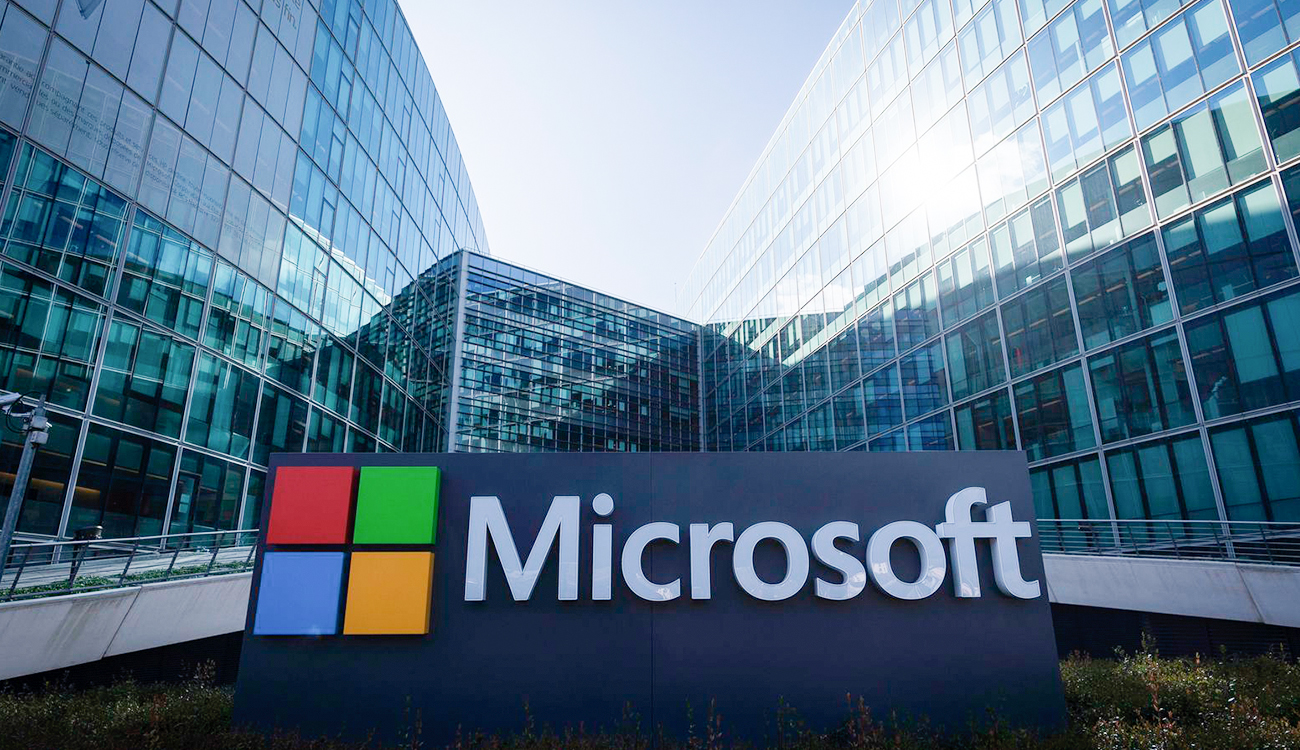The complaint alleges Microsoft abused its market dominance, in violation of EU laws, by pushing its Teams product into its Office package, which contains programmes like Word. Teams competes with Slack's flagship technology.
The move comes as work-from-home has increased because of the coronavirus pandemic, making communication tools more vital.
"Microsoft has illegally tied its Teams product into its market-dominant Office productivity suite, force installing it for millions, blocking its removal, and hiding the true cost to enterprise customers," Slack said in a statement.
Slack noted that Microsoft has previously faced legal challenges in Europe over bundling its Internet Explorer browser into Windows. Microsoft eventually was hit with fines.
"Microsoft is reverting to past behavior," Slack charged.
A spokesperson for Microsoft pushed back, saying Teams was growing in popularity because it integrated video, giving it a competitive advantage.
"With Covid-19, the market has embraced Teams in record numbers while Slack suffered from its absence of video-conferencing," the spokesperson said.
Slack has for years tried to frame its product as an alternative to email in the workplace and argues it is challenging the dominance of some of Microsoft's key tools.
When Microsoft launched its Teams product in 2016, Slack purchased a full page advertisement in The New York Times that welcomed the competition and claimed it was "validating" to see that Microsoft had "come around to the same way of think
The move comes as work-from-home has increased because of the coronavirus pandemic, making communication tools more vital.
"Microsoft has illegally tied its Teams product into its market-dominant Office productivity suite, force installing it for millions, blocking its removal, and hiding the true cost to enterprise customers," Slack said in a statement.
Slack noted that Microsoft has previously faced legal challenges in Europe over bundling its Internet Explorer browser into Windows. Microsoft eventually was hit with fines.
"Microsoft is reverting to past behavior," Slack charged.
A spokesperson for Microsoft pushed back, saying Teams was growing in popularity because it integrated video, giving it a competitive advantage.
"With Covid-19, the market has embraced Teams in record numbers while Slack suffered from its absence of video-conferencing," the spokesperson said.
Slack has for years tried to frame its product as an alternative to email in the workplace and argues it is challenging the dominance of some of Microsoft's key tools.
When Microsoft launched its Teams product in 2016, Slack purchased a full page advertisement in The New York Times that welcomed the competition and claimed it was "validating" to see that Microsoft had "come around to the same way of think









 Home
Home Politics
Politics











